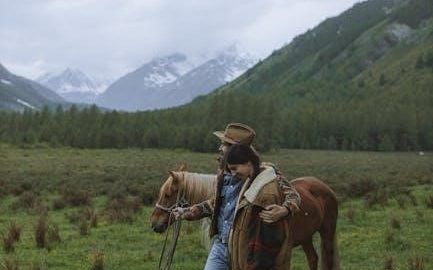Tennessee Walking Horse Rescue: Overview
Tennessee Walking Horse rescues are dedicated to saving these horses from abuse, neglect, and abandonment. Many organizations and individuals work tirelessly to provide them with care, rehabilitation, and a second chance at a loving home. Adoption is encouraged over buying.
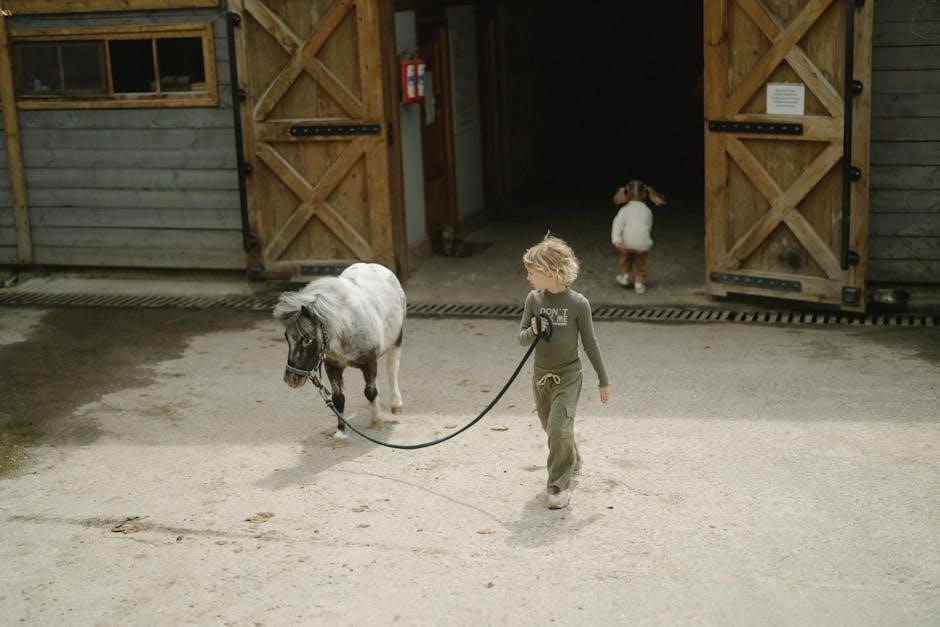
Understanding the Tennessee Walking Horse Breed
The Tennessee Walking Horse is known for its smooth gaits, including the flat foot walk, running walk, and canter. These horses are typically used for pleasure riding, trail riding, and show. They are known for their gentle temperament and are often favored by riders of all skill levels.
However, some training methods, like the “Big Lick,” have led to concerns about animal welfare within the breed. This involves using stacks and chains to accentuate the horse’s gait, causing pain and lameness. Reputable breeders and rescue organizations are working to promote humane training practices and preserve the breed’s natural abilities. Understanding the breed’s history and potential issues is crucial for responsible ownership.

Why Tennessee Walking Horses Need Rescue
Tennessee Walking Horses often require rescue due to the “Big Lick” practices, overbreeding, and market fluctuations. Some face neglect after their show careers end because of injuries from abuse.
The “Big Lick” Controversy and its Impact
The “Big Lick” refers to abusive training methods used on Tennessee Walking Horses to exaggerate their gait for show purposes. These methods often involve using stacks, chains, and other devices to inflict pain on the horses’ hooves and legs, causing severe injuries and chronic suffering. This pursuit of an artificial gait results in many horses being discarded once their show careers are over, as they are no longer deemed useful or profitable. The controversy surrounding the “Big Lick” has led to increased awareness and rescue efforts to save these horses from continued abuse and neglect. Organizations actively work to expose these practices and provide sanctuary for affected animals, offering them a chance at a pain-free life. Legislation is also a focus for advocates.
Overbreeding and Market Fluctuations
Overbreeding within the Tennessee Walking Horse industry contributes significantly to the need for rescue organizations. When the market is saturated with horses, and demand decreases, many breeders find themselves unable to care for all their animals. This can lead to neglect, abandonment, and horses being sent to auction, where they face an uncertain future. Market fluctuations, driven by economic factors and changing trends in the equine world, exacerbate the problem. Horses once valued for breeding or showing can quickly become unwanted, highlighting the precariousness of their situation. Rescue organizations step in to provide a safety net, offering these horses a chance to find new homes and escape potential suffering stemming from overbreeding and market instability. These fluctuations underscore the importance of responsible breeding practices.
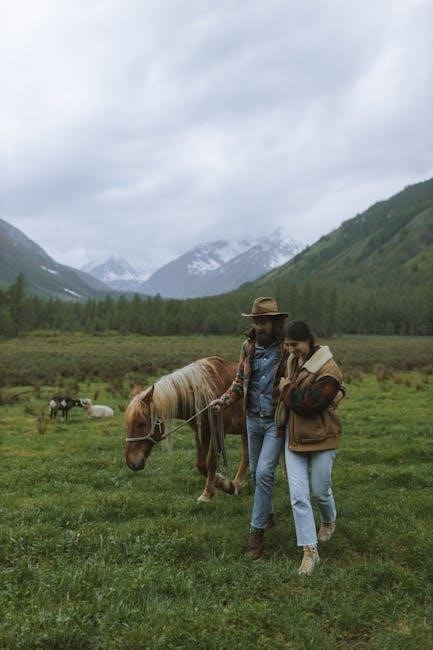
Finding a Tennessee Walking Horse Rescue
Locating a Tennessee Walking Horse rescue involves utilizing online resources, databases, and social media. These platforms connect potential adopters with organizations dedicated to rescuing and rehoming these majestic animals.
Online Resources and Databases
Finding Tennessee Walking Horse rescues is significantly aided by online resources and databases. Websites dedicated to horse adoption and breed-specific rescues often feature listings of available TWHs. These platforms usually provide detailed information about each horse, including their history, temperament, and any special needs they may have.
Furthermore, national equine rescue organizations maintain databases that can be searched by breed and location, streamlining the search process. Social media platforms also play a crucial role, with many rescues having dedicated websites and pages to connect with potential adopters and share updates on available horses.
These online tools are invaluable for anyone seeking to adopt a Tennessee Walking Horse in need of a loving home. They offer a comprehensive and accessible way to connect with rescue organizations and learn about the adoption process.
Facebook Pages Dedicated to TWH Rescue
Facebook has become a vital platform for Tennessee Walking Horse rescue efforts, hosting numerous pages dedicated to connecting rescues with potential adopters and supporters. These pages serve as a hub for sharing information about TWHs in need, upcoming events, and fundraising initiatives.
They often feature photos and videos of available horses, along with detailed descriptions of their personalities and backgrounds. Facebook pages also facilitate communication between rescues and individuals interested in adoption, fostering a sense of community and support.
Some pages focus specifically on TWHs impacted by the “Big Lick” controversy, highlighting the urgent need for rescue and rehabilitation. These pages also provide a space for advocates to share information and raise awareness about the issue.
By utilizing Facebook, TWH rescues can reach a wider audience and increase their chances of finding loving homes for these deserving animals.
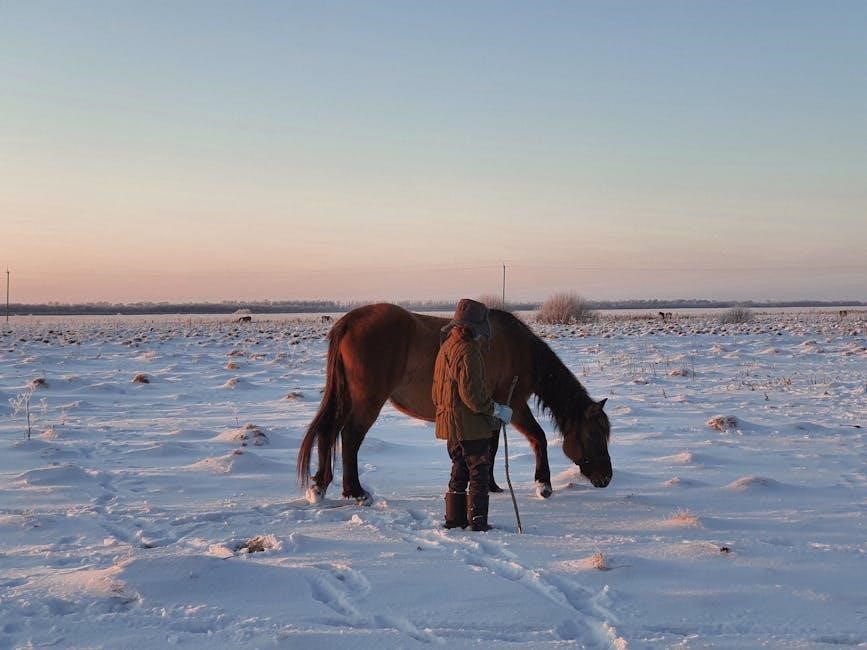
Adoption Considerations: Tennessee Walking Horses
Adopting a Tennessee Walking Horse requires careful consideration, especially regarding their unique health, rehabilitation needs, training, and temperament. Understanding these aspects is crucial for providing proper care.
Health and Rehabilitation Needs
Many Tennessee Walking Horses in rescue situations require specialized care due to past mistreatment or neglect. Some may have been victims of the “Big Lick” practices, leading to hoof and leg problems requiring ongoing veterinary attention. Rehabilitation often involves addressing lameness issues and providing corrective farrier work.
Nutritional deficiencies are common in rescued horses, necessitating a carefully managed feeding program to restore their health. Emotional trauma can also be a factor, requiring patience and gentle handling to rebuild trust and confidence. Some horses may need extensive training to overcome fear or anxiety related to past experiences.
Potential adopters should be prepared to invest time and resources into addressing these health and rehabilitation needs. Pre-existing conditions should be considered. A thorough veterinary examination is crucial before adoption to fully understand the horse’s current health status and potential long-term requirements.
Training and Temperament
Tennessee Walking Horses are known for their smooth gaits and generally gentle temperament, but rescue horses may require specialized training to address past experiences. Some may have had limited or negative interactions with humans, leading to fear or resistance. Patience and positive reinforcement are key to building trust and establishing a positive training relationship.
Depending on their background, rescued Tennessee Walking Horses may need retraining in basic horsemanship skills. Some may require desensitization to various stimuli or re-education in proper riding techniques. Understanding their individual history and tailoring the training approach accordingly is essential for success.
While generally known for their good nature, each horse’s temperament will vary. Observing the horse’s behavior and working with experienced trainers can help assess their suitability for different riders and disciplines. Some may excel as trail horses, while others may be better suited for pleasure riding or companionship.
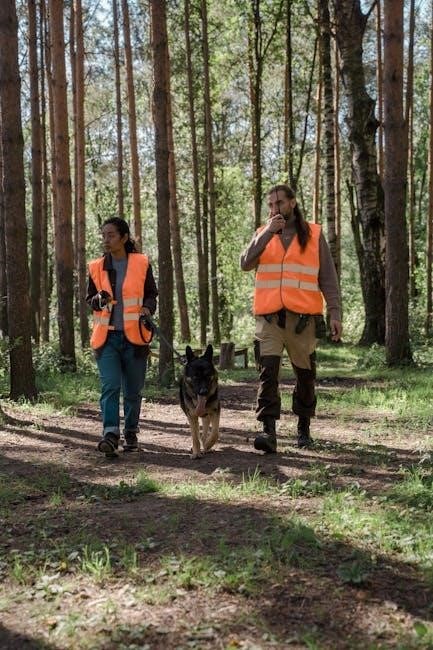
Featured Tennessee Walking Horse Rescues
Several rescues specialize in Tennessee Walking Horses. These organizations work to rehabilitate, retrain, and rehome these horses, offering them a fresh start and a brighter future. They often have adoption programs;
GAIT, Inc.
GAIT, Inc. stands for Gaited Advocates in Tennessee, Incorporated, and is a dedicated 501(c)3 horse rescue specializing in gaited horses, including Tennessee Walking Horses. This rescue places horses under a lifetime, no-rehome, and no-breeding contract to ensure their continued safety and well-being. They prioritize matching horses with suitable adopters through in-person visits, emphasizing that they do not adopt horses sight unseen, so adopters must visit.
GAIT, Inc. often has Tennessee Walking Horses available for adoption, with listings providing information such as breed, age, gender, and estimated size. For example, they have featured Tennessee Walking Horse ponies in the past. The organization focuses on providing a safe haven for gaited horses in need and carefully vetting potential adopters to create lasting partnerships. Their commitment to preventing rehoming and breeding further underscores their dedication to the horses’ welfare. GAIT, Inc. is committed to responsible adoption practices.
Redemption Road Rescue
Redemption Road Rescue is a haven for horses, ponies, donkeys, mules, and miniature horses in various stages of rehabilitation. On any given day, this rescue houses between 30 to 40 animals. They accept equines of various ages, sizes, breeds, and levels of handling and training. Among the horses they care for, Tennessee Walking Horses often find refuge at Redemption Road Rescue.
One such horse, Redemption, nicknamed Remi, is a 20-year-old Tennessee Walking Horse gelding. Redemption Road Rescue is dedicated to providing a safe environment and necessary care for these animals, including those needing extensive rehabilitation. While specific details may vary for each horse, the rescue focuses on helping each animal recover and find suitable adoptive homes. They work tirelessly to ensure each animal receives personalized attention and care. This includes veterinary care, proper nutrition, and gentle training to prepare them for a better future.
Horse Plus Humane Society
Horse Plus Humane Society is deeply involved in rescuing Tennessee Walking Horses, particularly those affected by the “Big Lick” controversy. They are dedicated to intervening in situations where horses have been subjected to abuse and inhumane treatment within the show industry. Tawnee Preisner and her son Justin are key figures in this organization, actively working to expose the cruel practices involved in the “Big Lick” and advocate for the welfare of these horses.
Their efforts include rescuing horses directly from these abusive environments and providing them with necessary medical care and rehabilitation. They aim to raise awareness about the plight of Tennessee Walking Horses in the show industry and push for stronger legislation to protect them. They actively campaign against the use of stacks and chains, which are often used to inflict pain and enhance the horses’ gait artificially. Through their work, Horse Plus Humane Society strives to create a better future for Tennessee Walking Horses and eliminate the cruel practices that harm them.

Success Stories: Rescued Tennessee Walking Horses
These stories showcase the resilience of rescued Tennessee Walking Horses. They highlight the transformative power of care and rehabilitation, proving that these horses can thrive after overcoming adversity and abuse.
Hank the Horse (For Hank’s Sake)
Hank’s story is one of hope and transformation. Rescued as an emaciated Tennessee Walking Horse, he inspired Tammi to found “For Hank’s Sake,” a non-profit rescue organization. He serves as their Brand Ambassador, demonstrating the potential for healing.
His rescue highlights the importance of intervention and compassion. Hank’s journey from neglect to a symbol of hope underscores the mission of Tennessee Walking Horse rescue efforts. He teaches that unloved doesn’t mean incapable of being loved.
He shows us that rescued horses are here to teach us that unloved doesn’t mean incapable of being loved. He is a testament to the breed’s gentle nature and the power of second chances. His legacy lives on through the organization’s work.
Jasper’s Journey to SAFE
Jasper, a 14-year-old Tennessee Walking Horse gelding, arrived at SAFE (Save a Forgotten Equine) in April 2021. His journey highlights the challenges faced by rescued horses, particularly those with anxiety and fear stemming from past experiences. He came from a home where he was passed between owners.
Upon arrival, Jasper exhibited extreme anxiety, revealing the emotional toll of his previous life. SAFE provided him with the specialized care and attention he needed to begin his healing process. His case underscores the importance of addressing the psychological needs of rescued horses.
He shows us that rescued horses are here to teach us that unloved doesn’t mean incapable of being loved. SAFE’s commitment to Jasper’s well-being demonstrates the dedication of rescue organizations to providing comprehensive care. His story is a testament to the breed’s gentle nature and the power of second chances.

The Tennessee Walking Horse Foundation (TWHF)
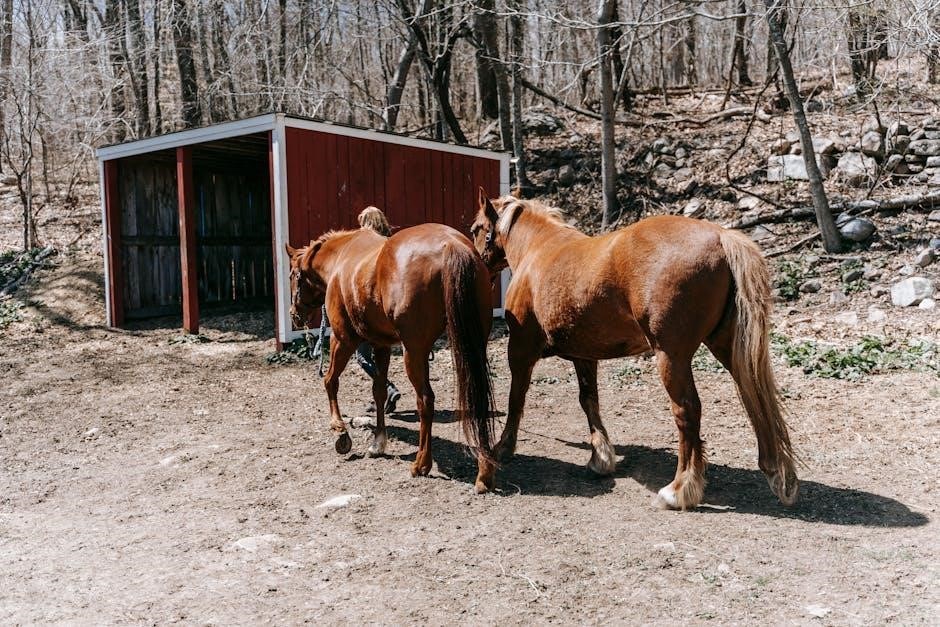
The Tennessee Walking Horse Foundation (TWHF) plays a crucial role in supporting the welfare of the Tennessee Walking Horse breed. The organization’s mission is to encourage support for charitable, scientific, and educational projects dedicated to the breed’s well-being.
The TWHF actively seeks to fund initiatives that promote responsible breeding practices, improve the health and soundness of Tennessee Walking Horses, and educate the public about the breed’s unique characteristics. By supporting research, the TWHF aims to advance the understanding and treatment of breed-specific health concerns.
Furthermore, the foundation contributes to educational programs that promote ethical training methods and responsible horse ownership. The TWHF’s efforts extend to supporting rescue and rehabilitation programs, ensuring that Tennessee Walking Horses in need receive the care and attention they deserve. Their work is important to the welfare of the breed.
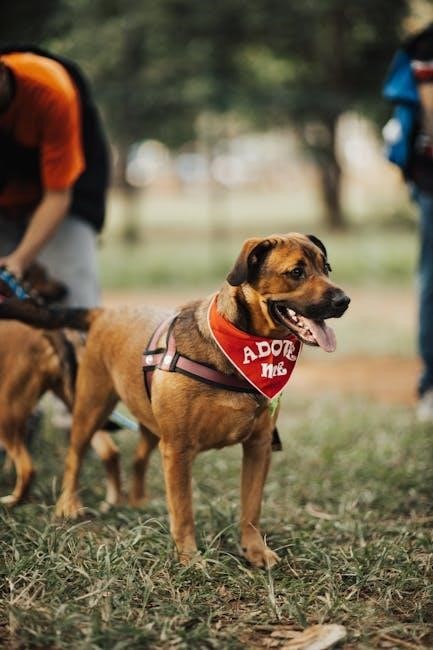
Supporting Tennessee Walking Horse Rescue Efforts
Supporting Tennessee Walking Horse rescue efforts involves various avenues, each contributing significantly to the well-being of these horses. One crucial way to help is through financial donations to reputable rescue organizations like GAIT, Inc., Redemption Road Rescue, and Horse Plus Humane Society. These donations directly fund the care, rehabilitation, and rehoming of rescued horses.
Another valuable form of support is volunteering time and skills at local rescues. Volunteers assist with daily tasks, such as feeding, grooming, and cleaning, as well as providing specialized care based on their expertise.
Furthermore, raising awareness about the plight of Tennessee Walking Horses and the importance of rescue efforts is essential. Sharing information on social media, participating in advocacy campaigns, and educating others about the breed’s challenges can make a significant difference. Consider adopting a rescued Tennessee Walking Horse.
